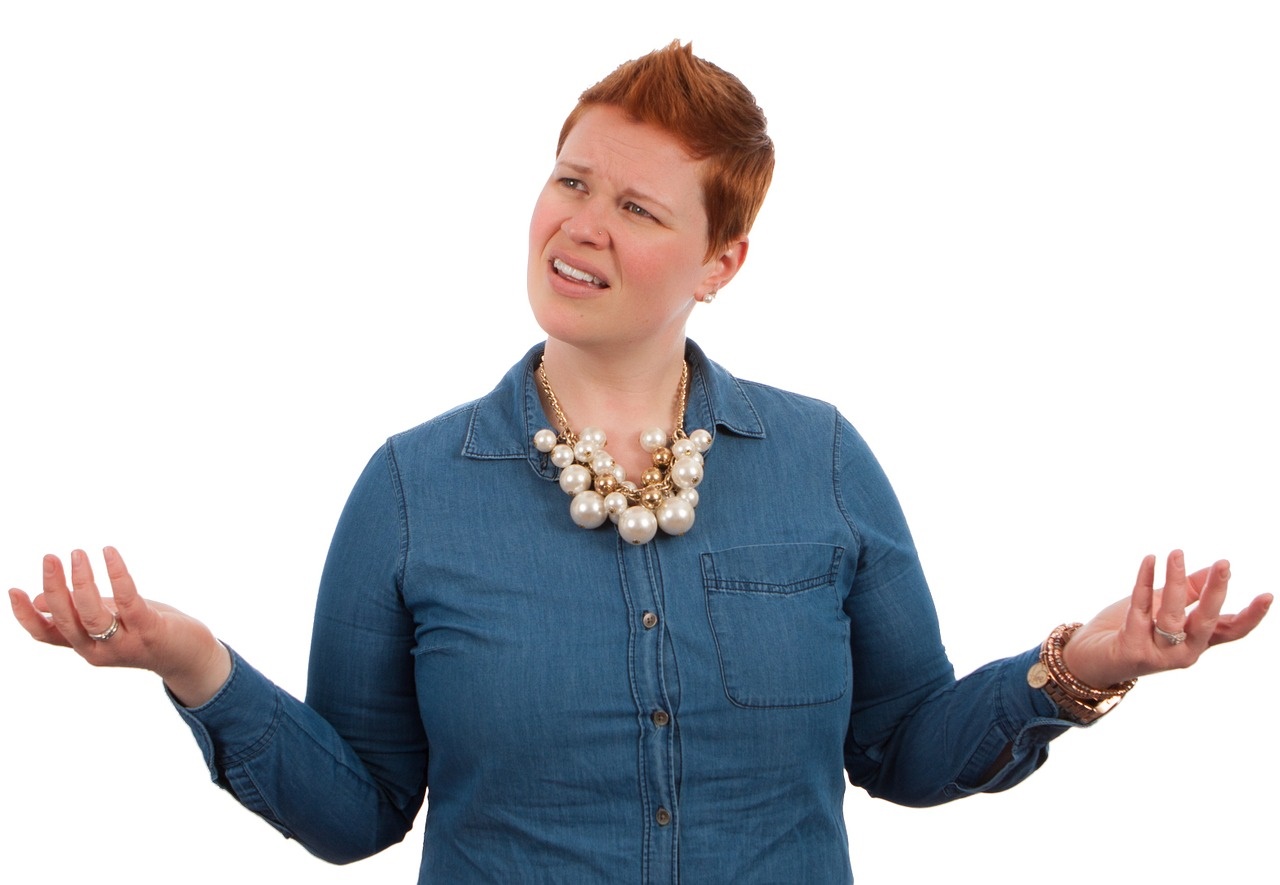 Millions of people suffer from anxiety disorders such as:
Millions of people suffer from anxiety disorders such as:
- Specific Phobias
- Social Anxiety Disorder
- Post-Traumatic Stress Disorder
- Obsessive-Compulsive Disorder
- Panic Disorder
- Generalized Anxiety Disorder
However, experiencing anxiety, even daily, does not mean that you have an anxiety disorder. In order for it to be considered a “disorder” your anxiety has to cause clinically significant levels of distress or significantly and negatively impact your life.
I recall one gentleman from early in my training who felt the urge to walk circles around the outside of his house four times whenever he entered or left his home in order to prevent a superstitious fear from coming true. When asked about his level of distress or impairment he responded that he really enjoys the exercise. His anxiety did not rise to the level of obsessive-compulsive disorder.
Most of us experience anxiety—it is a normal human emotion and just comes with the territory of being alive. Sometimes the anxiety is close to being a clinical problem, but does not quite reach clinical proportions. In such instances, you may be somewhat uncomfortable and anxiety may push you around a bit, but you have managed to cope relatively well and it has not disrupted your life.
Examples:
- You worry what others think about you more than most, but attend some social events without too much discomfort.
- You fear germs and compulsively clean, but only for fifteen minutes a day.
- You worry more than most about your kids, but consider it a sign of being a good parent.
- When you think about a past trauma, you feel anxious, but you rarely think about it and don’t avoid most reminders of it.
So what do you do with anxiety that is not quite a clinical disorder?
That depends. You could do nothing. You could practice positive mental health practices such as mindfulness, exercise, and stress management and see how your anxiety behaves over time.
If the frequency and/or intensity of your anxiety, worry, or avoidance is increasing then you may want to nip it in the bud—it is easier to prevent a full-blown anxiety disorder than to treat it.
By practicing positive mental health behaviors and decreasing your avoidance of both anxiety-provoking situations and feelings you will likely reduce your risk of a full-blown anxiety disorder.
Eric Goodman, Ph.D.